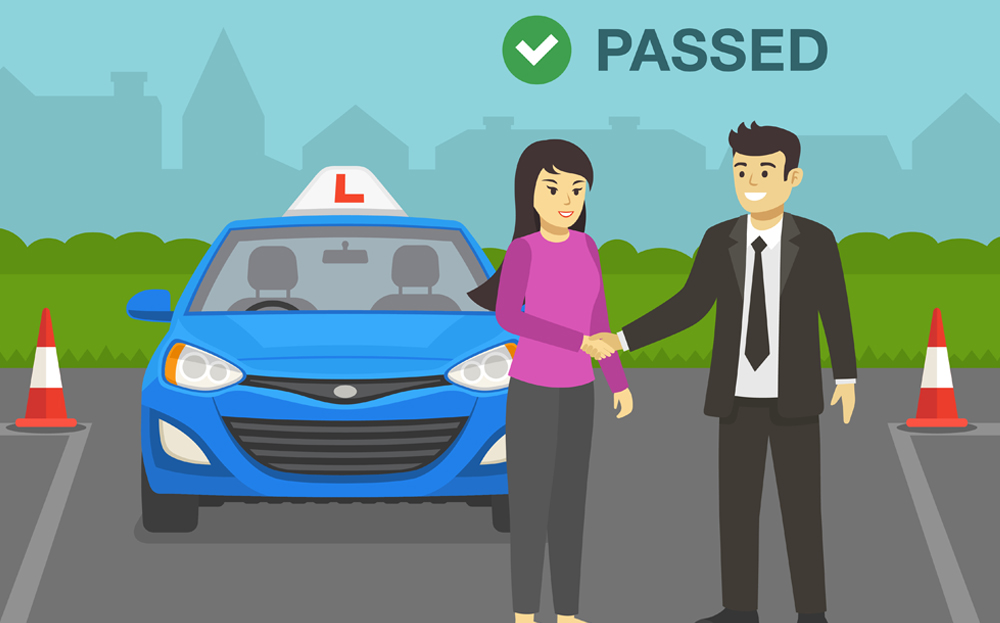
Learning to drive is more than just a step toward independence — it’s a vital life skill.
But in order to pass your UK driving test, you need to prove more than just basic control of a vehicle. The DVSA (Driver and Vehicle Standards Agency) expects learner drivers to demonstrate safe, confident, and responsible driving in a variety of real-world conditions.
In this blog, we’ll explore why building the right driving skillset is so important, what skills you need to focus on, and how they not only help you pass — but make you a safer driver for life.
Driving Skills Build Confidence Under Pressure
The driving test can feel intense. Examiners assess your decisions, awareness, and reactions in real-time. The only way to manage this pressure is by developing skills through practice and repetition. Once you know how to handle roundabouts, junctions, and parking smoothly, the nerves reduce — and your confidence grows.
It’s Not Just About Passing — It’s About Road Safety
Driving isn’t a game of memorising rules; it’s about applying knowledge to real situations. Skills like mirror checks, hazard awareness, and clutch control aren’t just tested for exam purposes — they’re essential for:
- Preventing accidents
- Reading and reacting to road signs and signals
- Keeping yourself and others safe on the road
By committing to skill-building, you’re not just trying to pass — you’re investing in your safety and the safety of others.
Understanding How the Examiner Thinks
Examiners follow a clear marking structure based on competency categories. These include:
- Vehicle control
- Use of mirrors
- Positioning and lane discipline
- Planning and awareness
- Response to traffic signs and signals
Understanding these areas helps you train smarter. By aligning your skills with these expectations, you’re more likely to pass on the first try.
Independent Driving is a Test of Real-Life Skill
Part of the UK practical test involves 20 minutes of independent driving, either by following a sat nav or road signs. This section tests whether you can drive:
- Without step-by-step instructions
- With calm decision-making
- While navigating real roads like a solo driver
- It’s not about perfection — it’s about proving you can make safe, independent choices under realistic conditions.
Manoeuvres Show Precision and Patience
Whether it’s parallel parking, reversing into a bay, or pulling up on the right, these manoeuvres test your control, patience, and spatial awareness.
Mastering these means you can handle tight car parks, residential roads, and unexpected stops with ease — useful well beyond test day.
The Right Skillset Helps You Stay Calm on Test Day
When you’re well-prepared and have practised everything from roundabouts to emergency stops, you’re naturally calmer and more in control. That calmness translates to better performance under test conditions — and increases your chances of passing first time.
Conclusion: Skill Over Luck Every Time
Passing your driving test isn’t just about luck or cramming the week before. It’s about building a solid foundation of driving skills that make you a confident and responsible road user.
By investing time into developing your abilities — with the help of a qualified instructor — you’re not just passing a test, you’re becoming a driver for life.